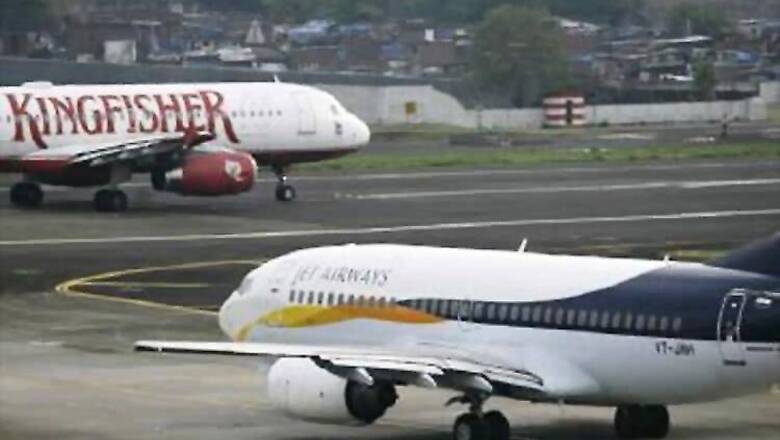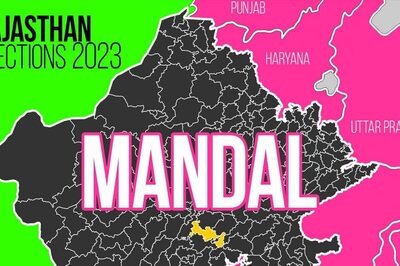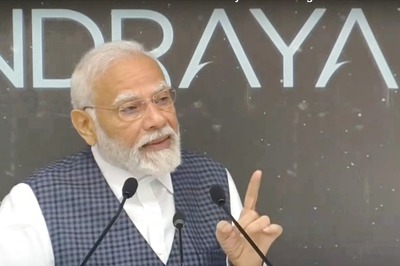
views
The draft civil aviation policy unveiled by the Ministry of Civil Aviation has the imprint of the Prime Minister, Narendra Modi, all over it. Be it Regional Connectivity, Affordable Flying, Ease of Doing Business or the Make in India Vision, the policy seeks to incorporate all these ideas.
REGIONAL CONNECTIVITY SCHEME
In order to connect remote regions better the policy proposes a fare of `2500 per hour for smaller cities. According to the Aviation Secretary this will increase ticketing to 30 Crores by 2022 & 50 Crores by 2027 annually. In order to make this viable a slew of measures have been suggested that will help an airline cut costs & incentivise flying to remote areas. So, the Regional Connectivity Scheme will be made operational only in those states which reduce VAT on ATF at these airports to 1% or less. Jet fuel cost in India is 40% higher than Singapore & 25% higher than Dubai & has often been cited as one of the debilitating factors that affect the ease of doing business in the country. Further, an airline will be exempted from paying excise duty on ATF under the RCS scheme. The state goverment will have to provide free land and for 10 years from commencement of flight operation there will be no airport charges, no Service Tax on tickets as well as police & fire services will be provided for free by the state government.
MAKE IN INDIA
The draft envisages developing India as an MRO hub. MRO business of Indian airlines ios Rs 5000 Crore, 90% of which is currently spent in Sri Lanka, Malaysia & UAE.The draft policy seeks to encourage Maintanence, Repair & Overhaul (MRO) Activities within India by exempting all such activities from service tax & customs duty.
EASE OF DOING BUSINESS
The Aviation Industry has often called high operation costs within the country as a debilitating factor in doing business. High airport charges, ground handling costs, security charges are some of those important factors. The policy makes an effort to address these concerns. In order to cut expenditure on security provided by CISF the policy proposes to have private security for non-core security jobs at the airport. The policy also allows for Ground Handling by airlines. No-frills airports in smaller cities will again help airlines save money paid to the airports.
But does a 2% cess on national and international flights run counter to the idea of making flying affordable for the masses, mooted by the Prime Minister himself. Aditya Ghosh, President, Indigo says if on all other fronts the government makes an effort to cut costs, the 2% cess won't be such a bad thing. Therefore, while it is not very clear how this policy will help in making flying affordable for the masses, especially to areas that are not remote, it does go a whole hog in wooing the aviation industry.




















Comments
0 comment